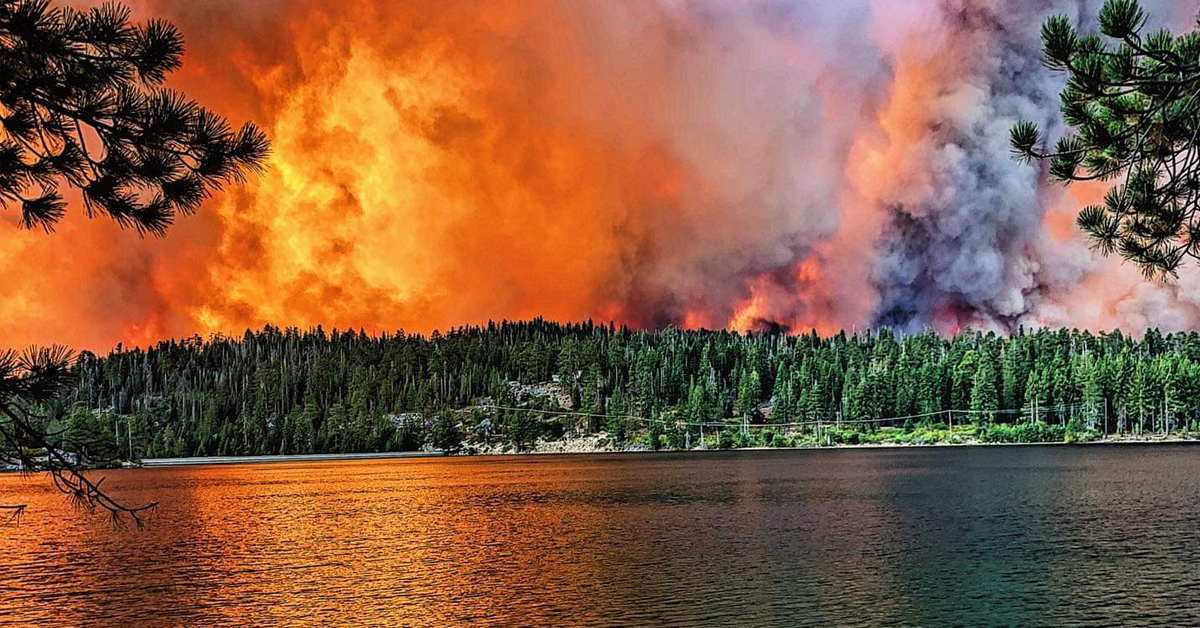A U.S. District Court Judge in Fresno ruled against a trio of environmental advocate groups on Friday, denying a preliminary injunction seeking to stop the U.S. Forest Service from activating 31 different wildfire prevention operations in the Sierra and Sequoia National forests.
The suit, led by nonprofit Unite the Parks, argued that the activities to be undertaken by the U.S. Forest Service in the two forests violated the U.S. Endangered Species Act for its impact on the Pacific fisher, a species of weasel-like mammals known for residing along the Sierra Nevadas.
The environmental groups have waged twin claims: that the Forest Service and the U.S. Department of Fish and Wildlife failed to conduct adequate environmental review on the the impact the prescriptive burns, logging, and installation of firebreaks would have on endangered species and that such logging practices would continue to eliminate suitable habitat for the population in the area, tabbed at 500.
The suit also paradoxically claimed that forest management practices, long sought by residents of the Sierra foothills and now championed by Gov. Gavin Newsom, would increase the severity of wildfires rather than decreases them.
Foothill residents and Fresno County Supervisor Nathan Magsig described the latter claim as laughable in the lead-up to U.S. District Court Judge Dale A. Drozd’s ruling on Friday.
In his ruling, Drozd found that – on the broad strokes issues – the environmentalists would be unlikely to succeed on the merits of their claim when the case came to trial.
That standard is a key element to securing a preliminary injunction to halt the government’s action.
Regarding a key claim that Federal wildlife officials failed to adequately calculate the population of fishers in the region, Drozd found that the environmentalists “have not presented the information they assert was available to [U.S. Fish and Wildlife], when that information became available, or what time of analysis [the agency] would have been able to conduct prior to the issuance of” two sets of environmental review documents in 2020 and 2021.
Environmentalists also argued that Federal officials failed to consider the “minimum viable” population size of the species in conducting its environmental impact studies.
Drozd found that not only did the environmental groups fail to prove their point, he found that no Federal law requires the wildlife officials to study minimum viable population of a species and that the data they demanded didn’t exist.
“Plaintiffs have not identified the best available data evincing what the minimum viable population size of the… fisher is –– and indeed, it appears no such data or study exists,” Drozd wrote in his opinion. “Nor have plaintiffs identified a statutory basis which requires defendants to conduct a minimum population viability analysis prior to the issuance of a [programmatic biological opinion].”
Lastly, he found that the U.S. Fish and Wildlife officials’ determination that logging practices would have long-term benefits for the fisher population despite short-term impact.
“The agencies did adequately consider the concerns that plaintiffs now raise,” Drozd wrote. “Thus, plaintiffs’ claim that defendants’ determination of the long-term benefit of the challenged projects to the fishers is unsupported appears to be a mere disagreement regarding the most relevant science. This is a matter as to which this court must defer to the agencies’ reasoned resolution of the issues.”
Tuesday, Magsig hosted Unite the Parks chief Deanna Wulff for a Facebook Live session from his office at Fresno County Hall of Records to discuss the suit and the state of the Sierra foothills.
“Essentially they (the United States Forest Service) can do what they’ve said that they’re going to do,” said Director of Unite the Parks, Deanna Wulff. “I don’t know what that means for us and our lawsuit.”
After being informed of the determination by Drozd, Magsig turned the tables on Wulff.
“I would love it if these groups that have come together to file this lawsuit somehow could drop it, but maybe work with my office,”
Wulff chuckled at the proposition.
“I’m serious,” Magsig replied. “Some of the things that we’ve talked about, take this back to the groups about trying to protect these larger growth trees, making sure that where there is management, fuelbreaks and even logging, taking a look at how that’s done but making sure it’s done in a responsible way where we can show that habitat long-term is being protected but human life is being protected, too.”











